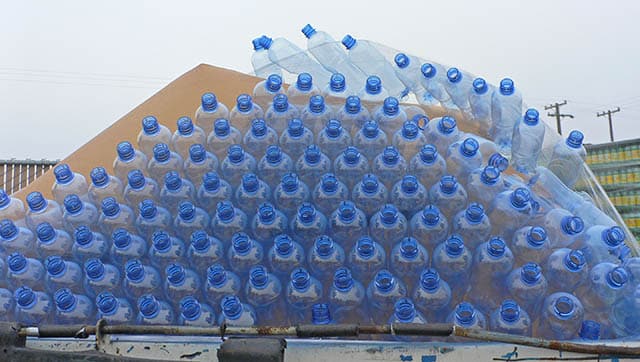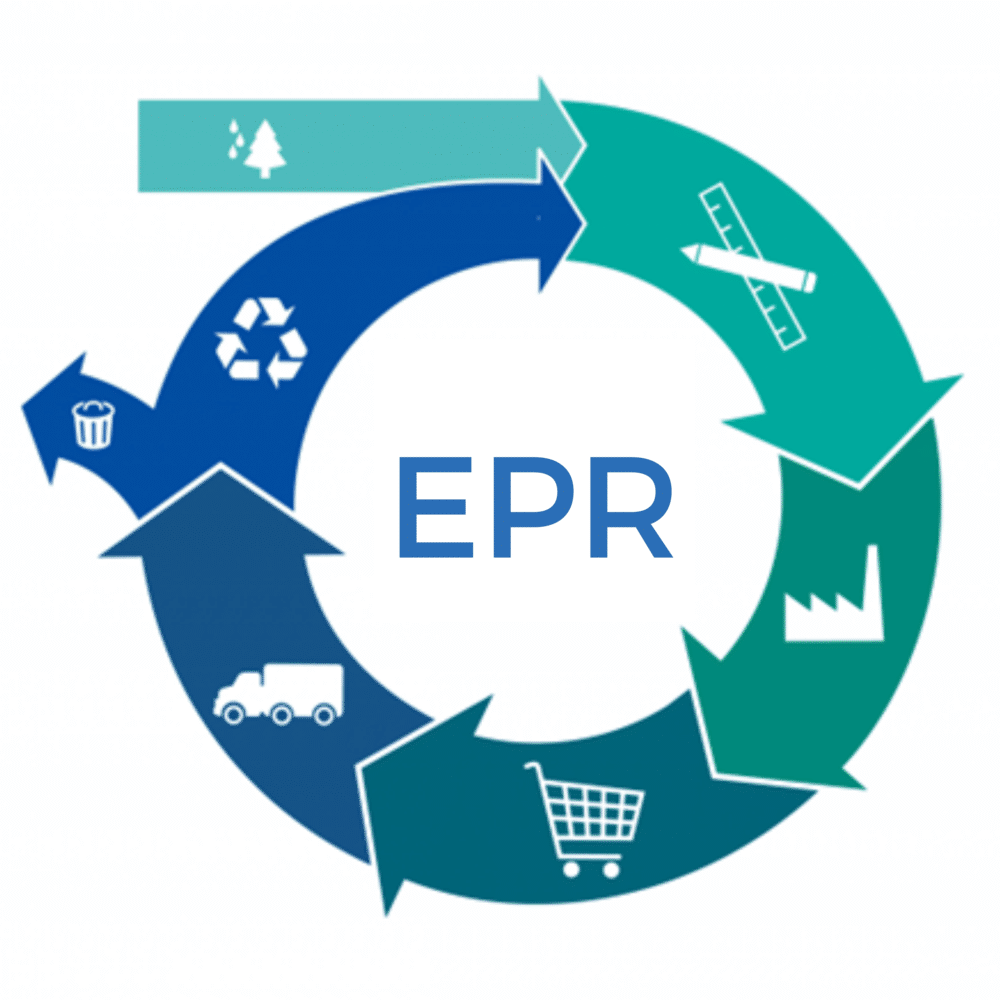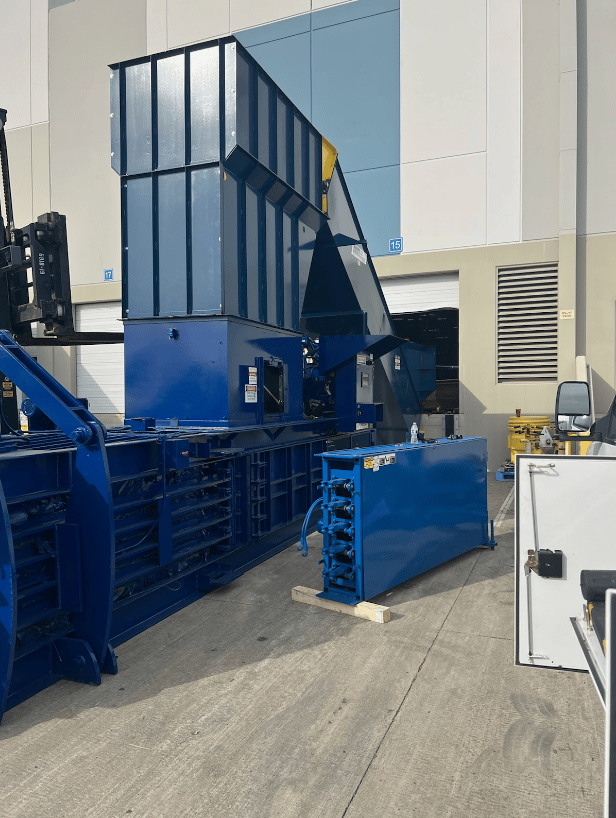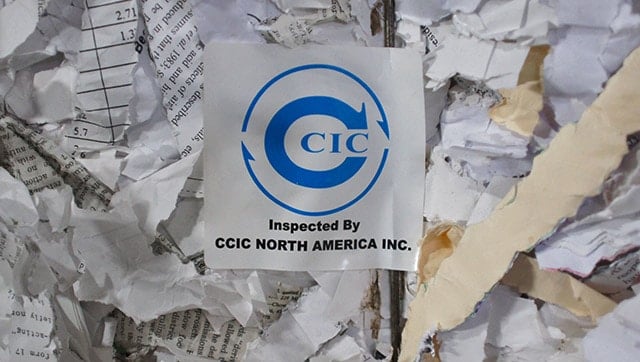China Plans to Cut Plastic Scrap Imports

As we collect, bale, and transport old corrugated containers (OCC), office paper, many types of packaging, wrappings, and strappings, Green Planet 21 will continue to partner with our clients to ensure that we maximize recycling and the value of scrap materials with persistent vigor. We expect that China will continue to buy our high quality, clean, post-industrial supply of cardboard and several grades of paper along with some plastics. We will handle plastic scrap types efficiently as we navigate the diminishing global plastic scrap market. You may have heard something about this about in the news.
On July 18, China’s Ministry of Environmental Protection (MEP) filed with the World Trade Organization (WTO), proposing to ban from import into China 24 types of plastic scrap types including PET, PE, PVC and PS, along with recovered mixed paper, textiles and vanadium slag towards the end 2017. Chinese authorities overseeing scrap trade are also revising a key regulation on scrap-trading requirements. The worldwide recycling industry is expected to contract as plastic sales to China shrink. Sellers will seek new end users, but the Chinese buying is not easily replaceable.
China has long been the largest and most important buyer of scrap cardboard, paper, plastics, metal, and other materials from the U.S. One third of the recyclables collected in the U.S. are sold to China. Plastics have accounted for over 15% of those exports in recent years. Prices for plastic scrap are now at the bottom, effectively ending the period when buying scrap was cheaper than buying virgin material. The world market for scrap recyclables is dynamic, always changing.
Last spring, the Chinese MEP inspected 1,162 companies that handle scrap imports and found that nearly two thirds of those firms had problematic practices or banned inventory. China instituted National Sword, an effort to improve the quality of their imported recyclables as well as stop the smuggling into China of already banned imports or materials contaminated with garbage or hazardous waste. The National Sword ban includes “polymers of ethylene, styrene, vinyl chloride, and polyethylene terephthalate (PET). These waste plastics can be ground and added as source material in the production of plastic products. Due to the low cost of oil, the sales prices for these scrap plastic types dropped earlier to negligible levels.
While China has been a buyer, an importer of recyclables, China’s own industries have not been collecting and repurposing recyclables. China now seems interested in building up its own materials recovery industry. Further, China has huge problems with environmental pollution. After joining the World Trade Organization (WTO) 16 years ago, China now seeks to meet the environmental protection obligations associated with membership.
The journalist Colin Staub has written a series of articles on this developing story.
See https://resource-recycling.com for more information.




